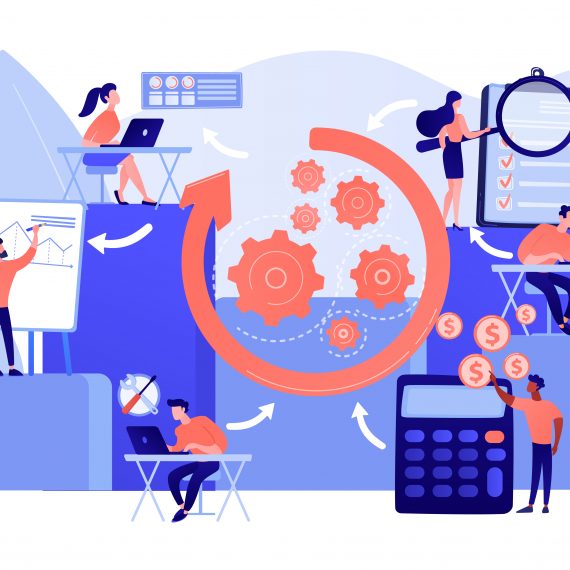Guest blogger Emma Le Grice shares some insights into the difference between in-house HR roles and Consulting roles.
To the ‘other side’ and back
Have you ever thought about leaving your in-house HR or remuneration role to try “the other side”….. Consulting?
Emma Le Grice had four years in a senior consulting role and has just moved back again to an in-house remuneration role on a six month contract.
After a career of 15 years in in-house HR and Remuneration Management roles, I was lucky to have had the opportunity to give consulting a go. I had always wanted to try consulting, and a great opportunity came up to truly test out consulting and learn all the things it had to offer.
It turned out that consulting is a profession I have enjoyed and learned a huge amount.
The transition to consulting was more challenging than I thought it would be. After spending 15 years in HR, with most of that time in remuneration-specialist roles, I felt I had a solid handle on the remuneration stuff. However, what I quickly learned was that I had previously worked mostly for sizeable organisations, and that the majority of organisations out there are not large, or of scale, but these organisations still grapple with reward issues.
I also quickly learned the importance of ‘best fit’ vs ‘best practice’, and the importance of understanding the nuances of each organisation. Tailored solutions were key.
I also had to back myself as being ‘the’ reward expert that numerous clients came to for advice, and was grateful for the wealth of global specialists and insights I was able to connect to and reference.
The selling is a factor that many people think about when moving to a consulting role, and the ideas of sales and revenue targets may put them off. When I first started, I had some open conversations with my new manager about this, and I carried her advice on this for my four years in consulting. My manager said “Emma, I don’t want you to sell…. I want you to find out the HR and Reward challenges people are having, and help them solve them!”
I have to confess, the sales part ended up being one of the parts of the job I enjoyed the most, and found most rewarding. The buzz of a sale was also a high I hadn’t necessarily experienced in my previous HR and remuneration roles.
The learning and exposure to so many different organisations, views and ways of doing things was also invaluable. Over the four year period, I managed more Reward Strategy, Executive Benchmarking and Incentive Design Projects than I had in the full 15 years prior. What you may get to do once every 3-5 years in an organisation, you do many times in a 12 month period in a consulting role.
I also loved catching up with the HR and Remuneration community for coffees, and fantastic that it was a key part of my role – the more coffees, the better! (…or alternatively, a cup of tea, as I am not a coffee drinker). People are also so open with a consultant, there is a freedom to sound out the challenges faced and bounce ideas off one another. I feel lucky that I have had those insights into the challenges of so many different organisations. If you have had a visit from me over the last four years, I do hope we can stay in touch. Lets have a coffee again soon!
The work content was really interesting. Working on the ‘fun stuff’, once an organisation has given a project the green light is great. The pace is fast, and projects can be delivered quickly. This is compared to an in-house reward project that can take time to get to the actual delivery and can involve substantial stakeholder engagement and management.
The downside of this ‘pace’ is that client projects can sometimes fall together, leading to lumps in workload driven by client demand. This can be challenging at times to manage and you can end up doing long hours (hard – particularly with a young family).
Focus areas – The key focus areas of the roles are quite different:
Consultant role:
· Breadth of opportunities to work with many and varied organisations
· Learn about many different organisations/industries, gaining a good understanding of trends across organisations/industries
· Client contact and client management
· Focus on design and strategy
· Fast-paced with quickly changing and conflicting demands
· Focus on building brand and growth
· Oversee insights and survey production
In- house role:
· Ability to focus in-depth on your organisation
· Opportunity to understand a business in-depth, from the strategic right down to the operational level of activity
· Internal stakeholder management
· Focus on strategy implementation and operational processes
· Opportunity to plan, juggling both short and long term focus
· Alignment to organisation brand
· Manage remuneration review and incentives
Now that I am currently back in an in-house role, I am missing the regular catch-ups with so many fantastic people, however, it is great to work with such a close-nit team in an organisation that has reached Best Employer status over the years, and to drive some really interesting initiatives. It may sound weird, but I am still getting my head back into the space of internal stakeholder management for projects, managing projects with longer outlook and phasing, and fully working through and planning out implementations.
I am also glad I will be invited for Rem Drinks again going forward, and stoked I still get to ride my bike to work! J
Have you ever wanted to test out ‘the other side’? Have you worked on ‘the other side’?
What are your thoughts?





Great insight Emma! I will definitely be considering your words when I choose the next step in my career.
Great article Emma… the key challenge for an in-house operator post consulting is the pace of implementation.